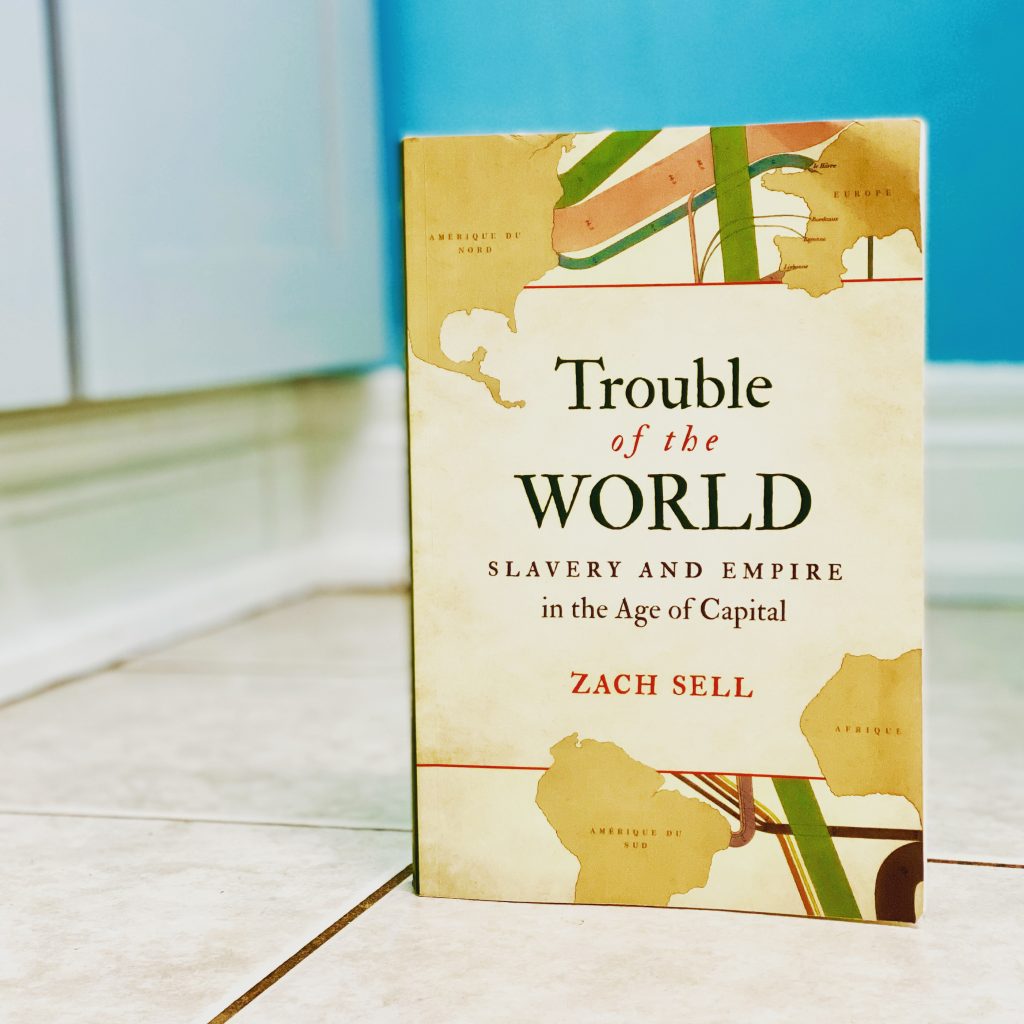
History. Examines the interconnections between colonialism in the British Empire and slavery in the United States, primarily over the period from the abolition of slavery in the former in the 1830s to its abolition in the latter in the 1860s. At least in part because of how history is so often written in national silos, the two are generally treated as completely separate, but this book makes clear that even in that era of liberal British post-slavery smugness – I suspect an antecedent of the liberal Canadian smugness about the US that exists today – they were very tightly bound together. The most obvious way that this was true was the reliance of the textile mills of Manchester on cotton produced by enslaved people in the US south. This was not incidental or minor or peripheral – this key component of British capitalism, and therefore of the Empire as a whole, was the single largest destination for cotton produced by enslaved people and was utterly dependent on slavery. Even more than that, though, this book documents all kinds of ways in which the enslavement of Black people in the US south was treated as a model to inform attempts to implement large-scale capitalist agriculture of various kinds throughout the Empire, primarily through trying to find new ways to subject variously racialized people to oppressive labour regimes that weren’t quite enslavement but were as close as the British could manage while maintaining their liberal self-image. It was, for instance, a frequent talking point among anti-slavery activists in the UK that cotton produced by ostensibly free labour in India had the potential to be a cheaper source of high quality raw material than that produced by enslaved labour in the US, but, first of all, no it didn’t – there were experiments, to the extent of hiring overseers and plantation managers from the US to move to India to try and make it happen, and none came close to working. And secondly, even if it had worked, it would still have been premised on colonial domination and terrible white supremacist violence that worked very hard to learn from slavery, even if it wasn’t slavery. Anyway, this is very much academic history, and is written as such. It chooses a number of specific examples and explores them in considerable detail, putting them in the context of an increasingly interconnected global system of capitalism and empire that was, in many respects in those decades, in crisis. This includes several chapters examining different aspects of how the US, India, and the UK were all in ongoing relation, a chapter on attempts to bring large-scale plantation agriculture to Australia, another on efforts to bring formerly enslaved people from the US and/or indentured Chinese people to plantations in Belize, and one that included discussion of the interconnections between slavery and settler colonialism in the US itself that played a part in the triumph of white supremacist reaction in the years following the Civil War. Interesting and important, though probably a bit too in-the-weeds for a lot of readers – the author has done some interviews about this work, I think, so maybe search them out and start there if you think you might be interested.
Originally posted by Scott on Goodreads.